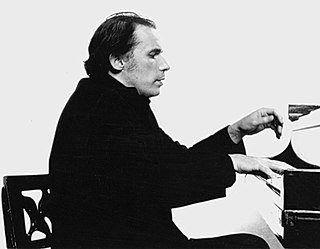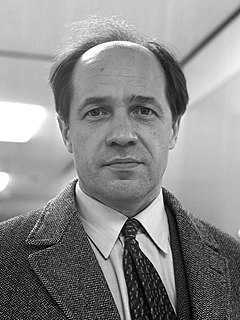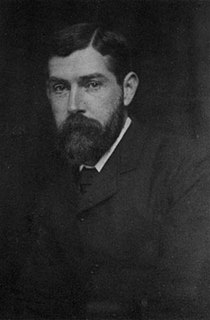A Quote by Dmitri Shostakovich
The most uninteresting part of the biography of a composer is his childhood. All those preludes are the same and the reader hurries on to the fugue.
Related Quotes
What a wee little part of a person's life are his acts and his words! His real life is led in his head, and is known to none but himself. All day long, the mill of his brain is grinding, and his thoughts, not those of other things, are his history. These are his life, and they are not written. Everyday would make a whole book of 80,000 words -- 365 books a year. Biographies are but the clothes and buttons of the man -- the biography of the man himself cannot be written.
Biography always has fulfiled this role. Robinson Crusoe is a biography, as is Tom Jones. You can go through the whole range of the novel, and you will find it is biography. The only difference between one example and the other is that sometimes it's a partial biography and sometimes it's a total biography. Clarissa, for example, is a partial biography of Clarissa and a partial biography of Lovelace. In other words, it doesn't follow Lovelace from when he is in the cradle, though it takes him to the grave.
I had a checklist in my mind of the things that make a biography practical. Is the source material centralized? Is it easy to find? Are there new primary sources that no one has ever had access to? Are all the sources in English? If they're not, are they in a language that you speak? And I realized that not only is Armstrong the most important figure of Jazz in the 20th Century, but he's a perfect subject for a biography for all of these reasons. I had always loved his music and I had been fascinated in him as a personality. And that's really the key to writing a biography.
The most difficult part of writing a book is not devising a plot which will captivate the reader. It's not developing characters the reader will have strong feelings for or against. It is not finding a setting which will take the reader to a place he or she as never been. It is not the research, whether in fiction or non-fiction. The most difficult task facing a writer is to find the voice in which to tell the story.








































